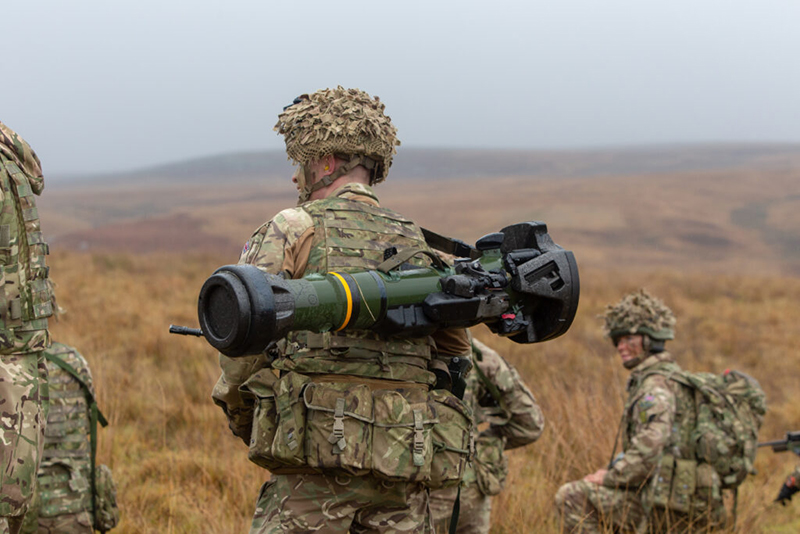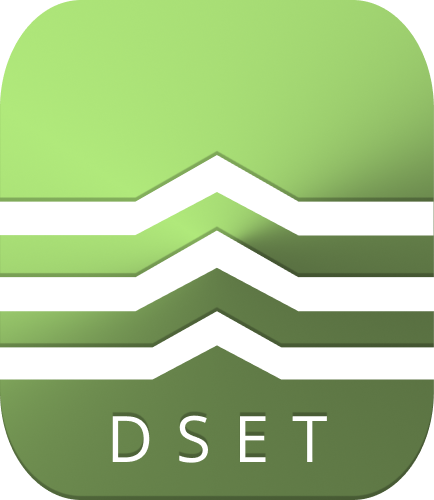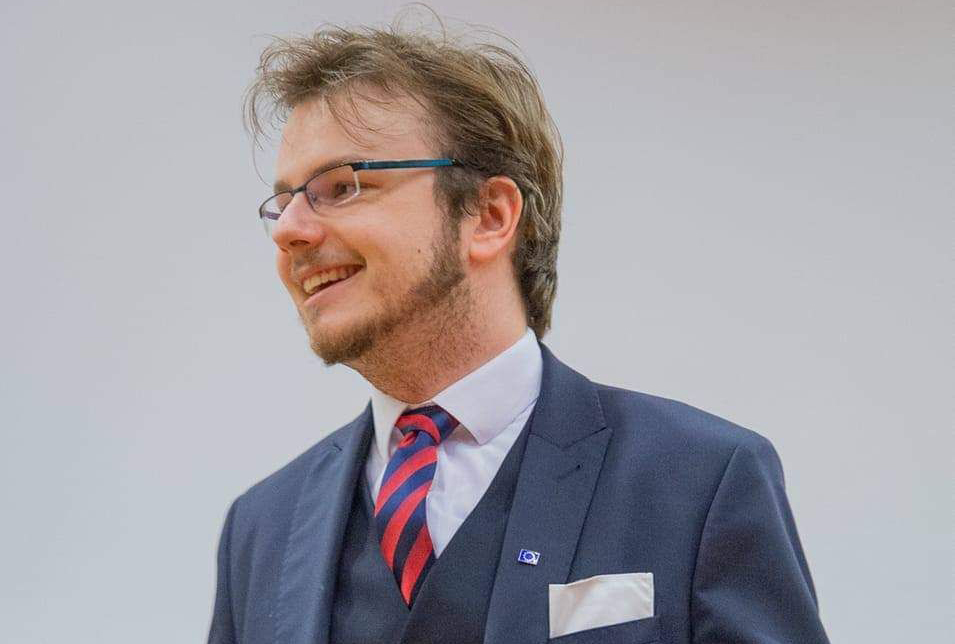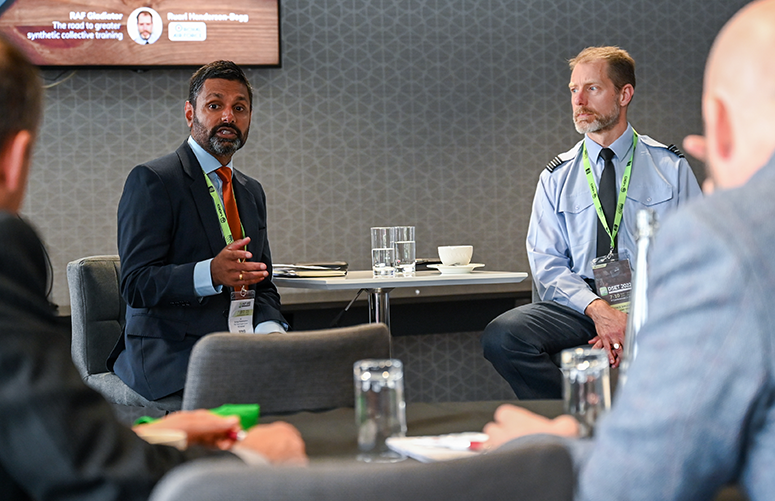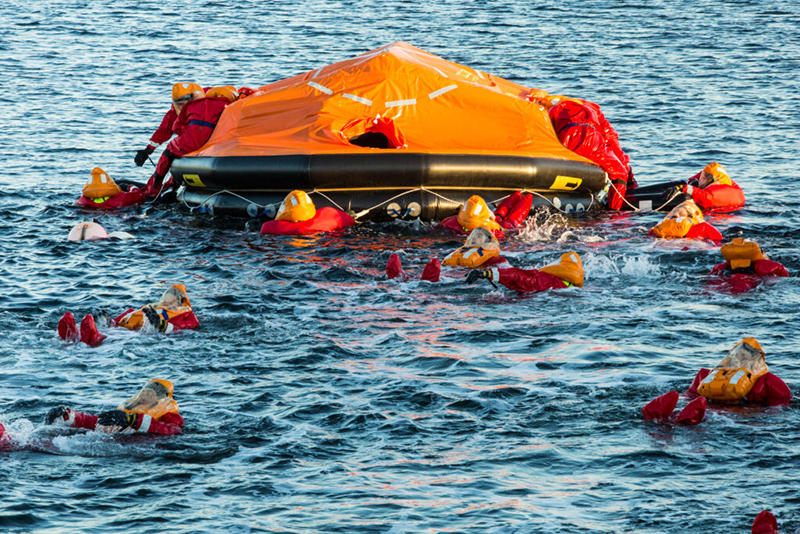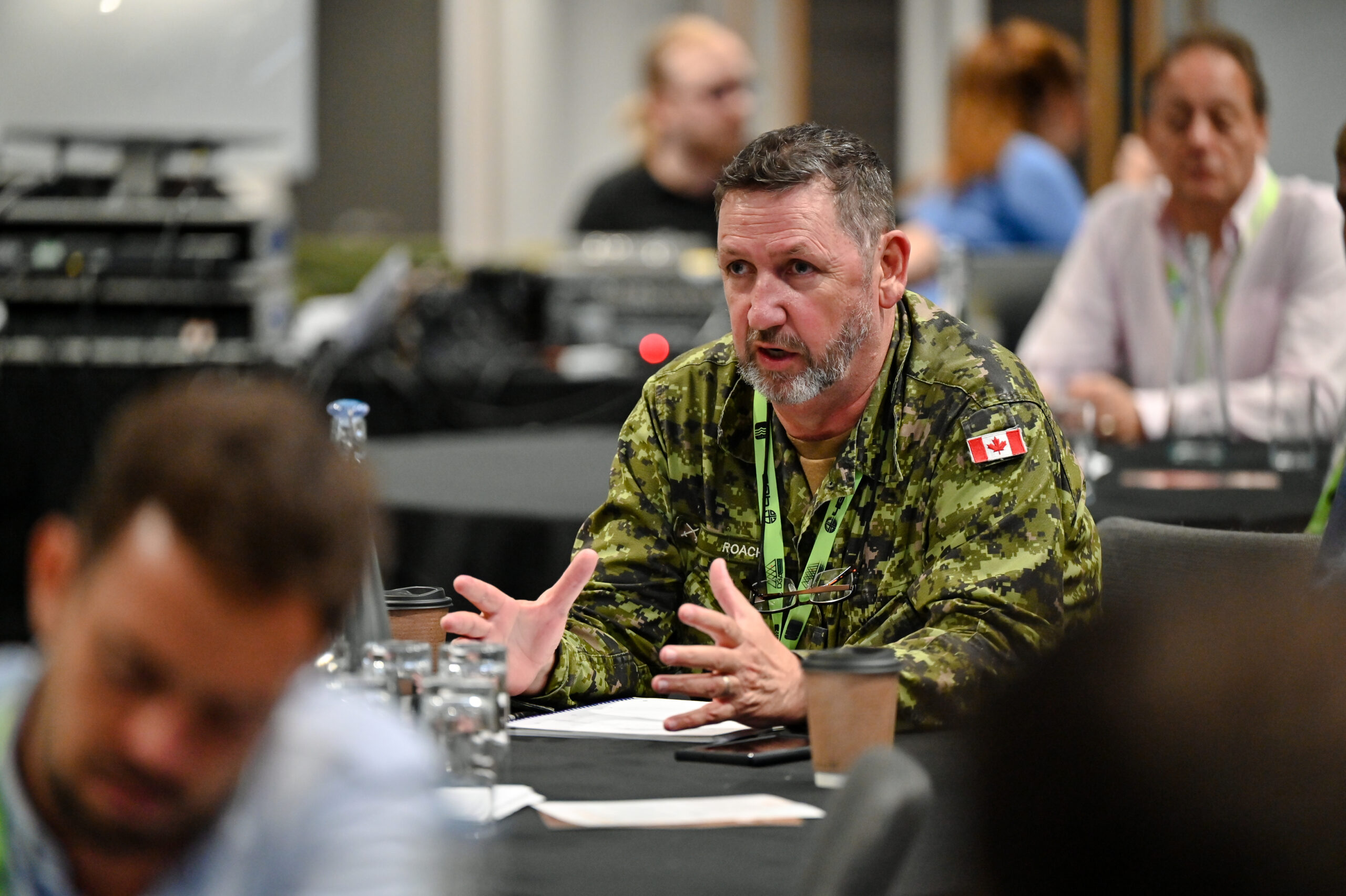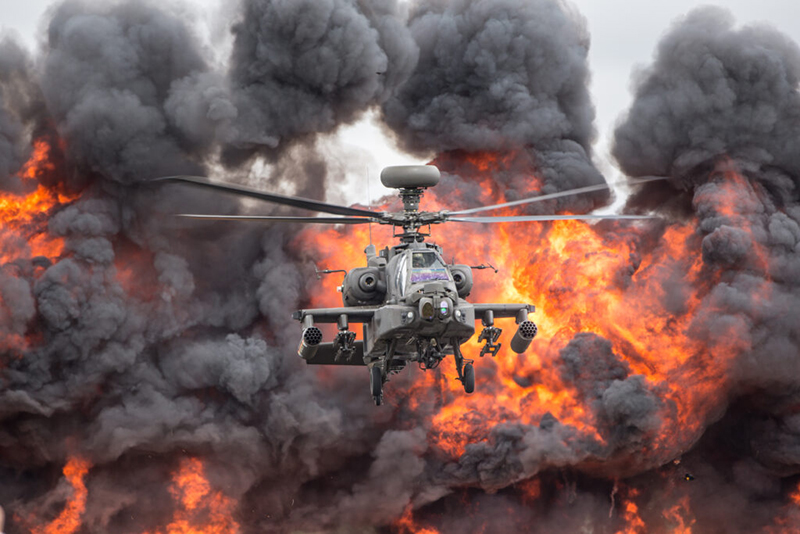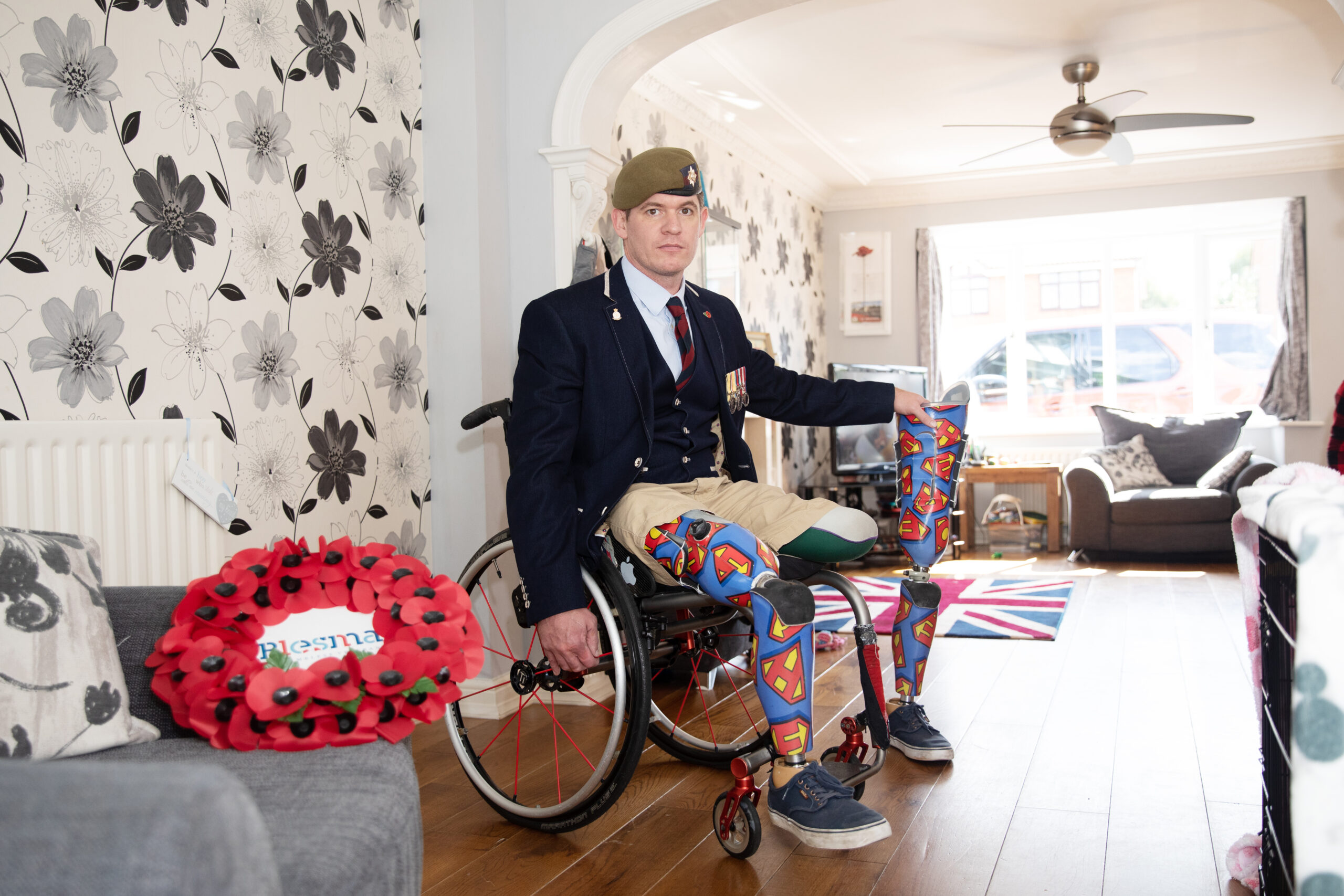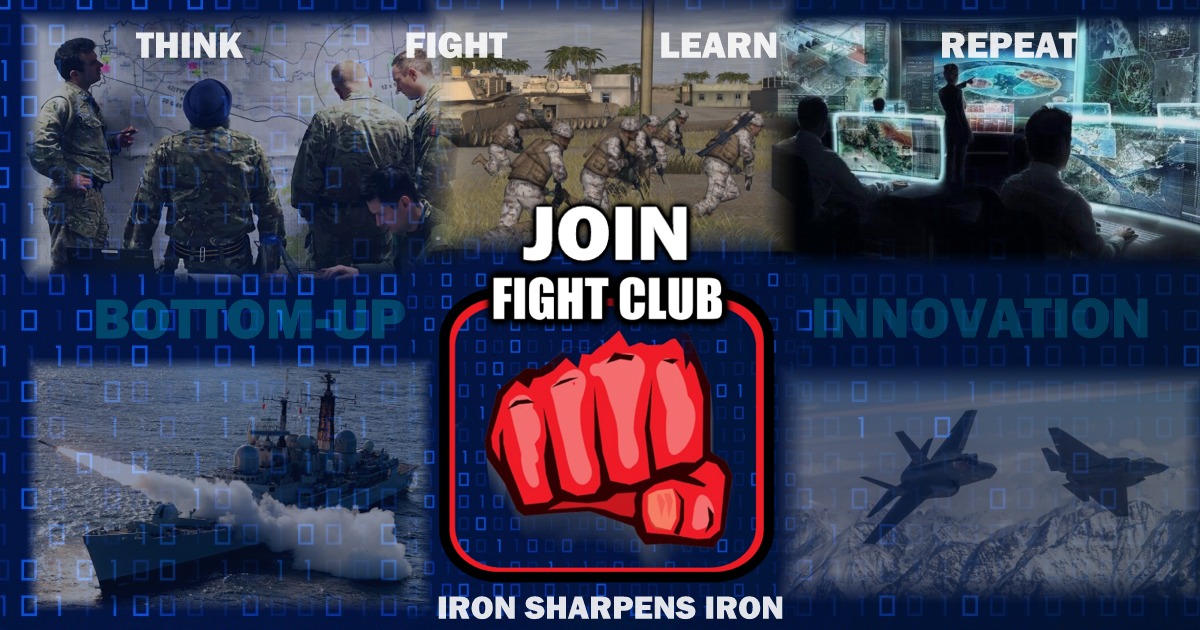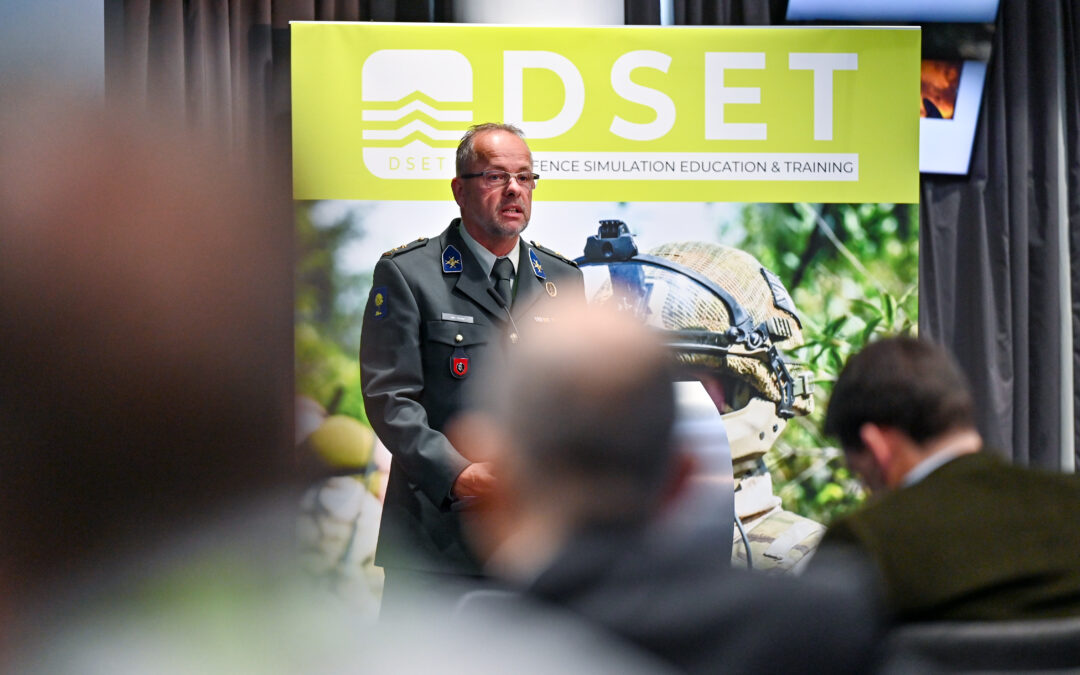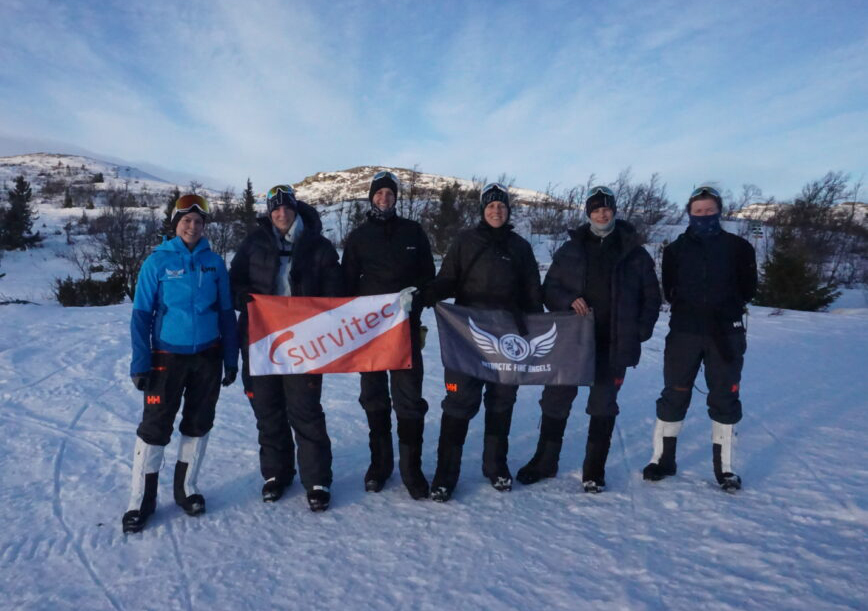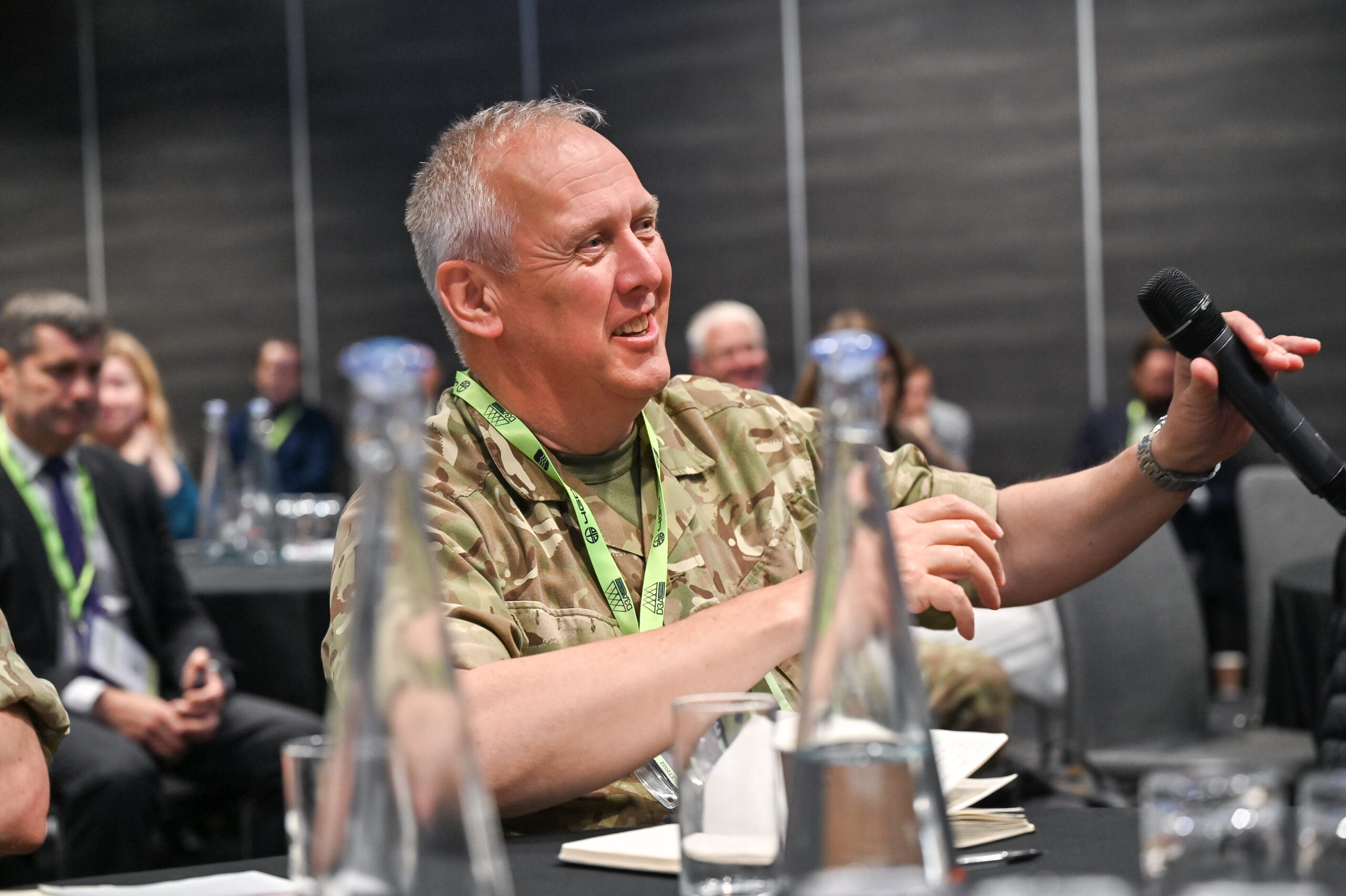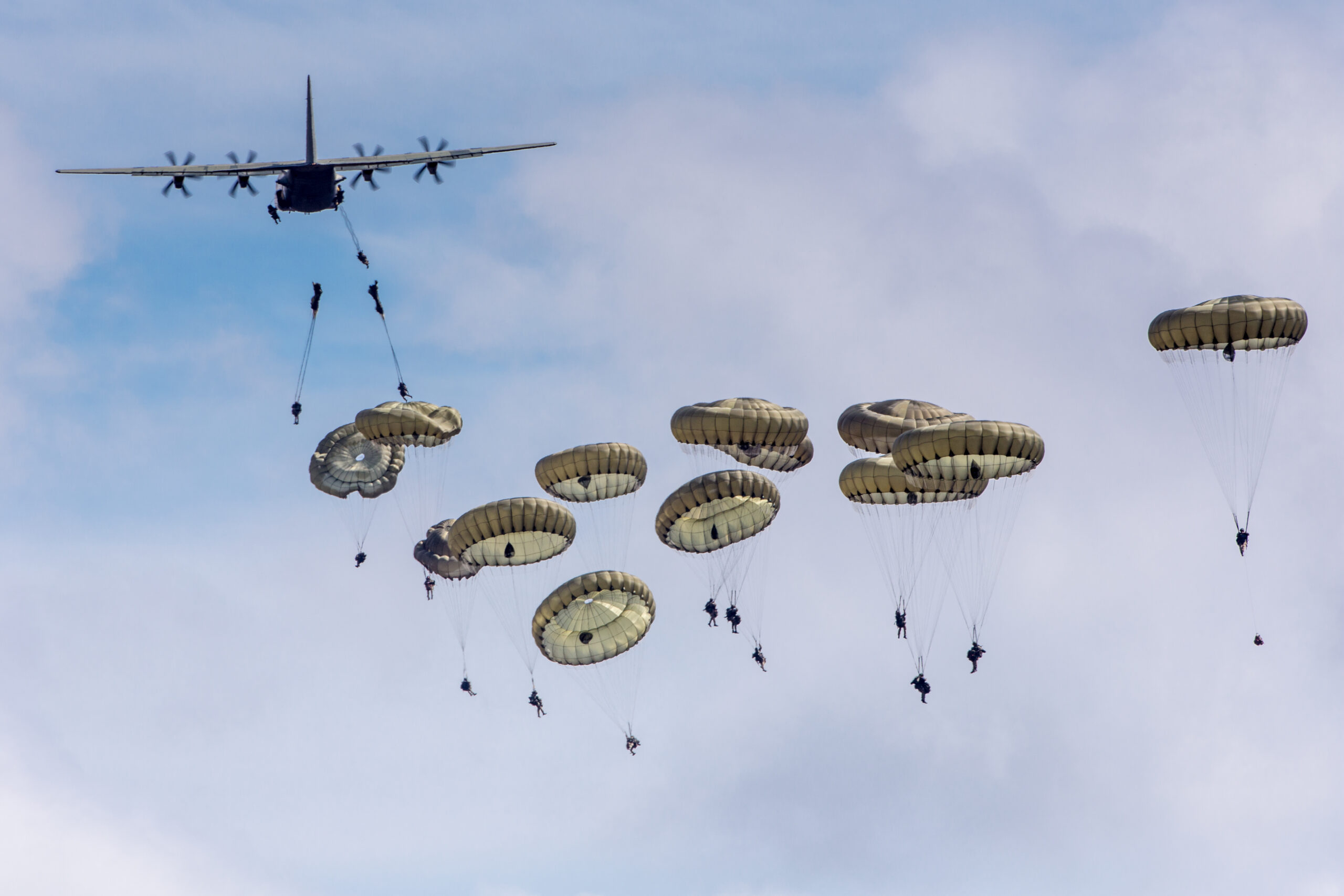Q – Welcome Natan, tell us about yourself
First of all, thank you for organising this, my name is Natan Pawłowski and I originate from Poland. Recently I finished a bachelor’s degree in History and International Relations at King’s College London. And during my time there I discovered a passion for Wargaming which is what ultimately brought me into the arms of DSET.
That is the short version…
Q – Let’s expand more on that, what was it that attracted you to study those subjects?
I was picking a university from abroad having only been to the UK ever once before as a tourist. Ultimately, it came down to UCL and King’s. And the only difference I saw for myself was that UCL had a single honours history and King’s had joint honours. History was something I had already been good at the time. And International Relations is something I was very curious to discover. So I decided to aim for Kings and the double honours. I soon realised that International Relations is actually very interesting.
Through that, I discovered the Department of War Studies and a rather niche, but still a very active group of wargamers.
Q – Had you been into Wargaming before?
Unwittingly, yes. I have always been a fan of strategy games as entertainment with board games and video games. But I hadn’t really considered the idea of them being professionally useful. Educationally, of course, because every time I played one of these I learned something. But professionally useful, in terms of Defence, I might have heard of that once some at some point, but never really considered that to a larger extent. And then suddenly, when I got mixed up with the right crowds at King’s, I discovered all of this.
Q – Where did you see the potential Wargaming Uses?
I discovered Wargaming in my final year. At that point, I went all in. I started meeting up regularly with friends who introduced me to Wargaming, and before long I found myself volunteering to organise the King’s College London Crisis Simulation Conference. I had attended the conference two years prior, except no one ever called it Wargaming and it was largely seen as fun, rather than useful. So I didn’t connect the dots until being in charge of the conference and seeking new ways to encourage more people into Wargaming who had never heard of it.
Since discovering and learning more about the design of war games, I have been very interested in the idea of how war games can simulate the, for lack of a better term – the ignorance and lack of information on part of the actual decision-makers. It made me more sensitive to the idea that any historical figure I had to consider in my essays probably had nearly a fraction of the information we have now.
This is the main impact Wargaming has – on critical thinking.
Q – Wargaming has really gotten under your skin then and became a passion project for you. What changes did you see along the way? Did more people get involved and what did you learn from being involved in the organising?
Well, one positive for sure, was convincing many of my friends to take it up as a hobby. When I took up the mantle of organising the event, it was entirely last minute because someone dropped out and there was an opening. And I was the only one who could remember what the conference was like before COVID. So effectively, I had to gather an entirely new team. It felt really invigorating, and most of them had never done Wargaming before so we were able to showcase it. Very refreshing to see it take off.
Q – Project managing, bringing people together and shaping a programme are challenging tasks, what was that like for you?
I had never been in the lead role. I had assisted the organisation of similar things, two or three times. But this was different. Everything was involved: marketing, social media management, budget management, venue selection, venue hire… all sorts of things. And knowing that Wargaming and its applications are so valuable really helped me through it. I knew this conference was vital and would make a difference to anyone who attended.
Q – Tell us how your passion for all things Sim/Tech developed. How did you go from History and International Relations to Wargaming, game design and project management?
So, I think it is a perfect demonstration of how all major things in life happen by accident. I was the misfortunate vintage of students that had our second year totally online due to COVID. And because of that, when it was announced the third year would be back on campus – I was very determined to go to literally every single event going on everywhere!!
And one of the things that I noticed when I moved back to London for the third year was during the fresher’s week, there was an introduction to the board games society inviting people to try tabletop RPGs. I had heard a lot about them but never really had an opportunity to try them. So I decided to go and the society organised several people to run games, presenting their game designs and getting people to play them.
It was at this event that I met my now Wargaming friend. We exchanged numbers and later that week he invited me to a wargame he was running for 10 people from his course. This was the first semi-professional wargame I ever participated in for analytical purposes. Around two months later, I had my first design. This is exactly how my passion for simulation was born. It sounds more professional when I mentioned it through the lens of the conference, but the initial event was literally attending that small gaming event with a new friend.
Q – A very serendipitous encounter indeed. How did you discover DSET and what encouraged you to take the steps to sign up?
With a solid group of friends who did Wargaming with me, most of them saw Wargaming as a potential future career. At that point, I was very interested in treating it that way myself, but I didn’t know how to get into it in a more serious capacity. We started going to more events in London and then one day, “Hey, do you want to come to Bristol to do Wargaming with us?” And they told me about DSET. This is how I got signed up and I wanted to witness it being used in a professional sector.
Q – Academia can attend DSET for free, what did it mean for you to have this exposure in a very professional forum like DSET, but also for it to be funded?
It was my first exposure to the industry around Wargaming and now I can see that it was a very valuable exposure. But had there been a cost for the tickets I would probably have been unsure about attending a new [to me] event. Curiosity wouldn’t have been enough to overcome the cost barrier. Having that barrier removed meant it was a no-brainer.
Q – How did it feel to have the cost barrier removed, to go and be curious, and try new things you might not have considered?
It’s immeasurable!
Q – Where are you now in terms of your studies and what are you looking to do?
For now, the plan is to return to London and stay with my friends while I look for employment. Currently, I am utilising the DSET Intern Programme and waiting to hear if I have been selected to join an organisation. In the short term, I want to establish a foothold in London. At least physically, to get settled. Medium-term at some point, I would like to finish a master’s, possibly part-time while working. And in the long term, I have always thought of a public sector career in Europe. Through DSET I have discovered a range of new opportunities and organisations specialising in the tech sector. I am open to absolutely everything within the realm of Defence Simulation.
Q – That’s a really interesting point. At DSET you actually got to speak to these all these organisations, how beneficial was that for you?
Most beneficial for me because I now have a tangible idea of what they are actually doing on a day-to-day basis. I had heard of Bohemia Interactive and Lockheed Martin and what they do, but it still doesn’t exactly help you understand what the daily work looks like. And going to DSET and being able to talk to them, gave me a lot of clarity and options to consider.
Q – Have you got any tips for other students going to DSET and getting the most out of it?
I was a bit too shy to go around talking to people at first. The essential tactic that helped me and what I would probably suggest as a pro tip is to – bring a more confident friend.
They were familiar with the formula and they just grabbed my hand and told me “Let’s go!”. And this got me through my nervousness and I started to talk to everyone.
Lunch was also an equaliser and an icebreaker. And afterwards, especially after dessert, felt more casual, and it was easier to talk to people in this more relaxed environment.
Q – Did you follow up with anybody afterwards or connect on platforms like LinkedIn?
I did. I remembered to snatch a business card from them and connect with them later. And that connection could be of use in the future.
Q – Where do you feel employing fresh young talented graduates can be a benefit to a big organisation?
Fresh, talented grads are very keen to innovate and experiment. Currently, I’m writing my third independent design to test new mechanics. We are good at problem-solving because that is what Wargaming essentially calls for. I believe there are situations that call for sticking with the status quo, especially when there’s a need for a quick solution and you know what works. And I understand to adjust when required. When there is time to toy around with something new, then I think it should be done.
Q – Would you recommend DSET to a friend?
Definitely. I would recommend it to two friends. I would not recommend taking a morning bus from London to Bristol. Use overnight accommodation and have a travel plan.
The DSET Intern Programme has students and post-grads like Natan, eager to join Defence organisations and start their MS&T careers. Contact us today to discover how to access this service and join our growing network of organisations employing new talent into the Defence Industry.
Contact our Programmes Director abbiepierce@ruddynice.com
